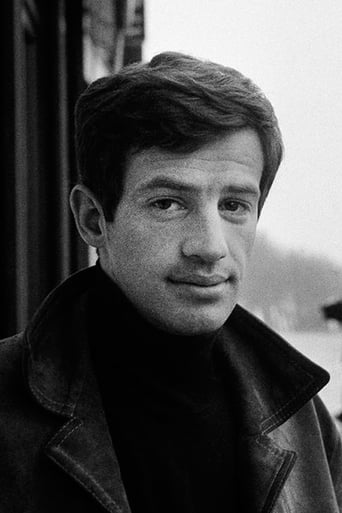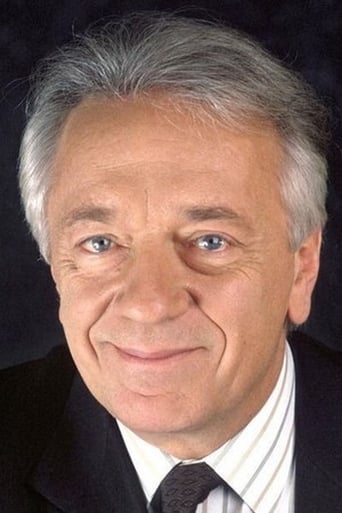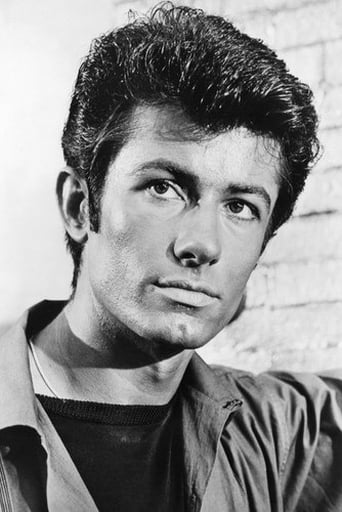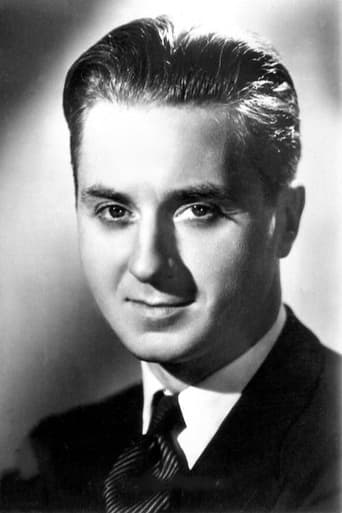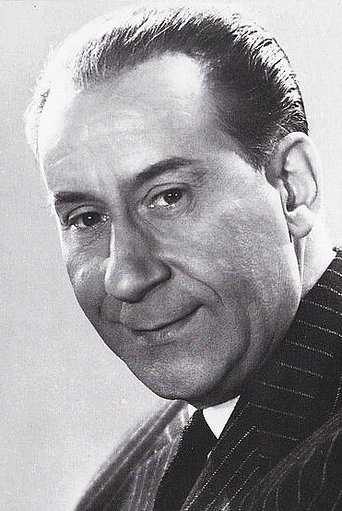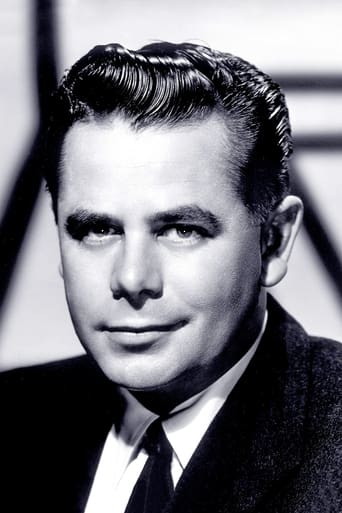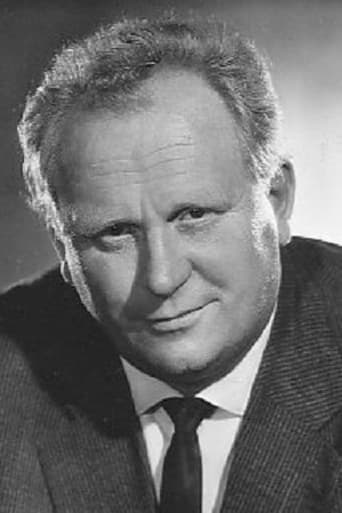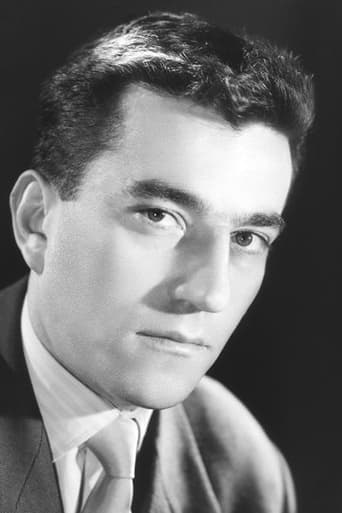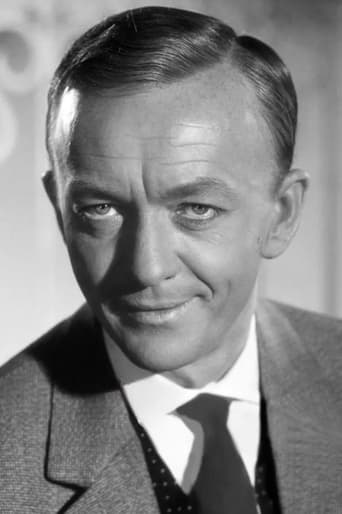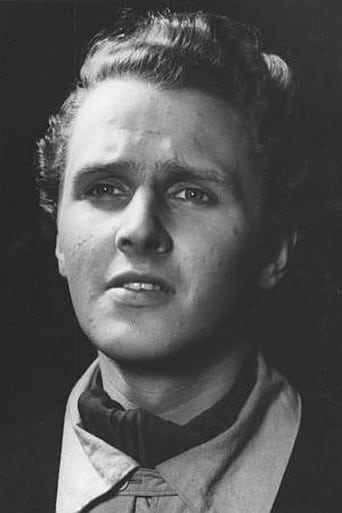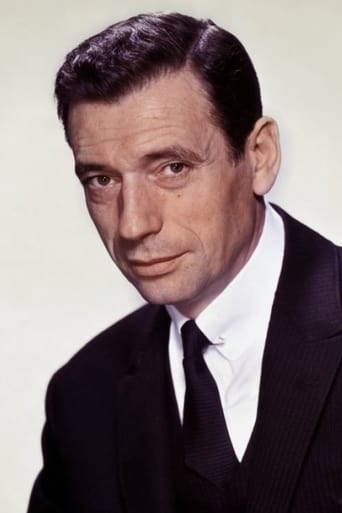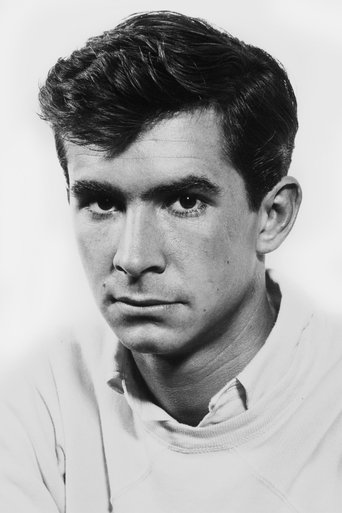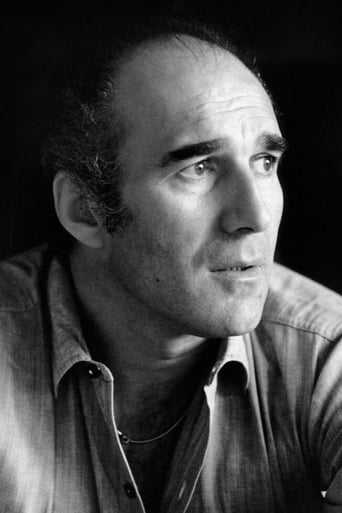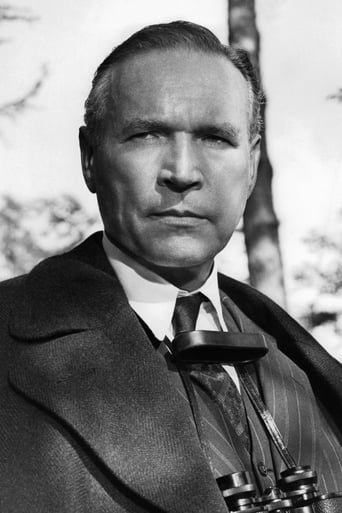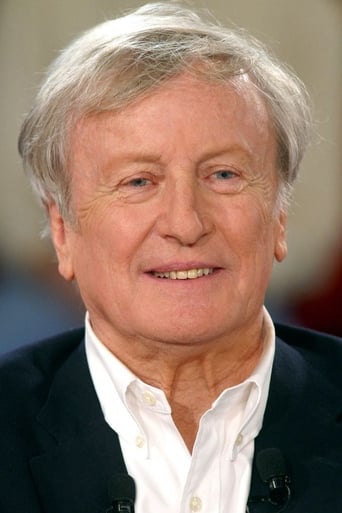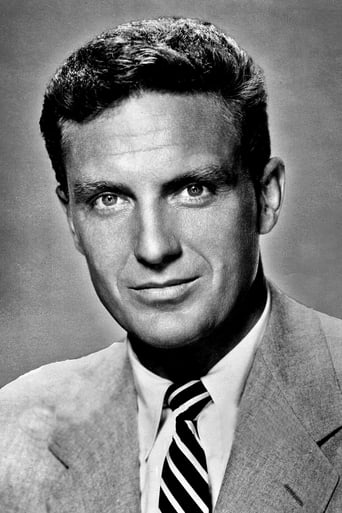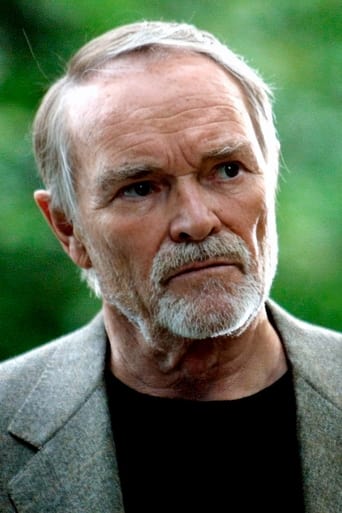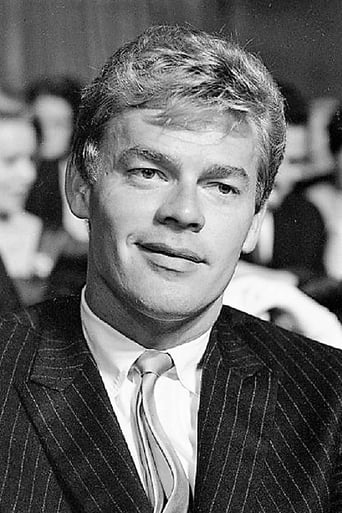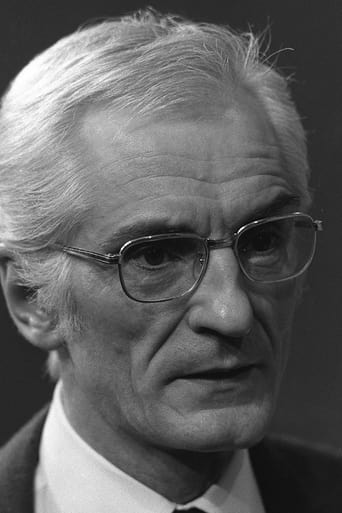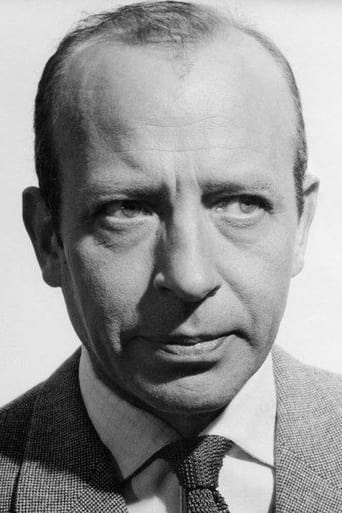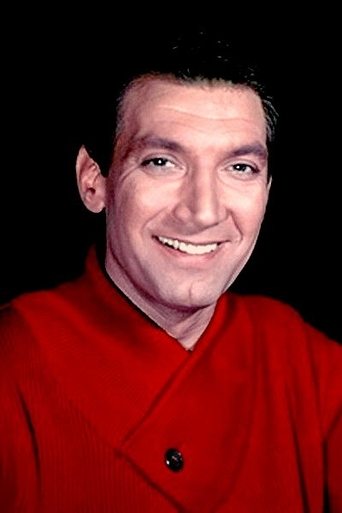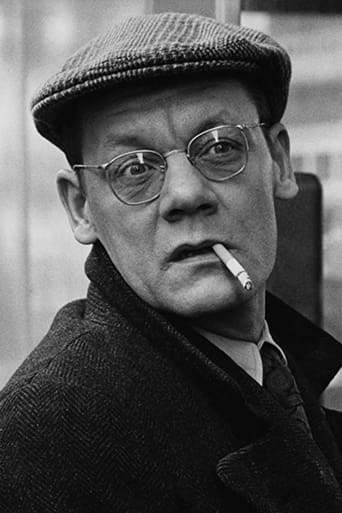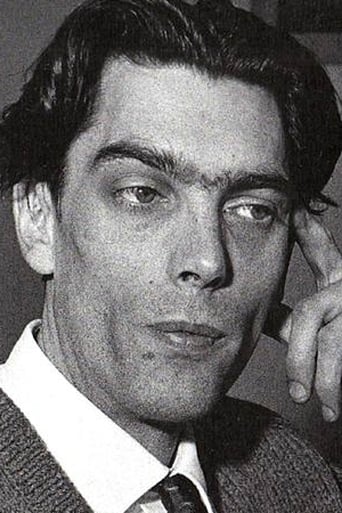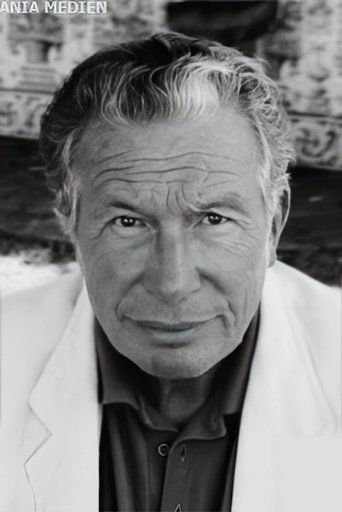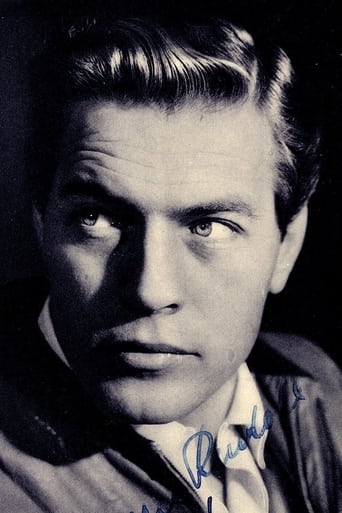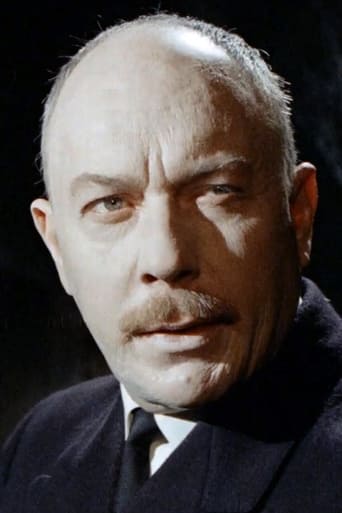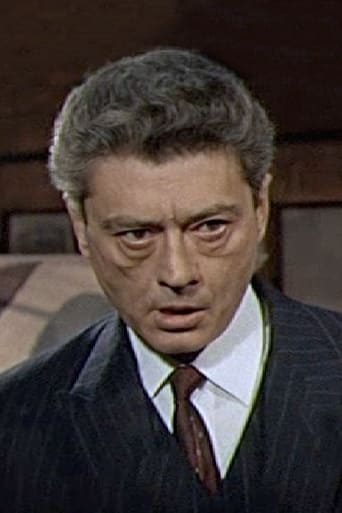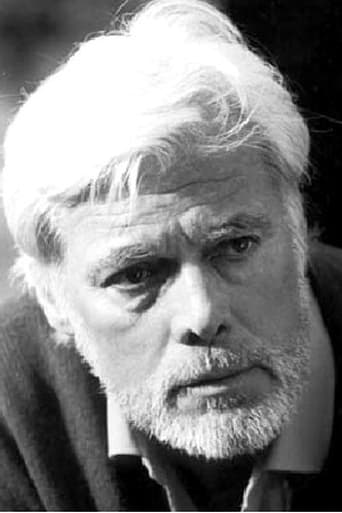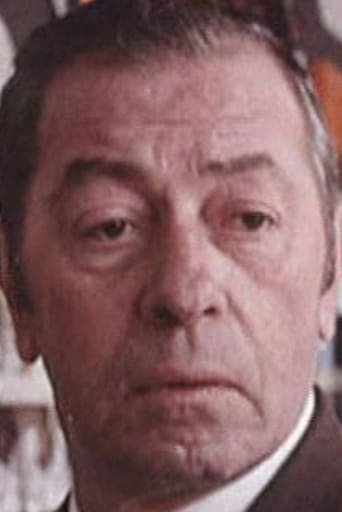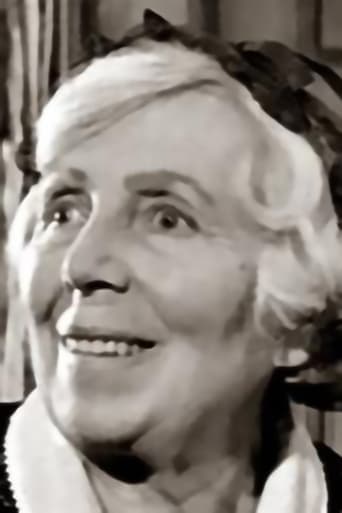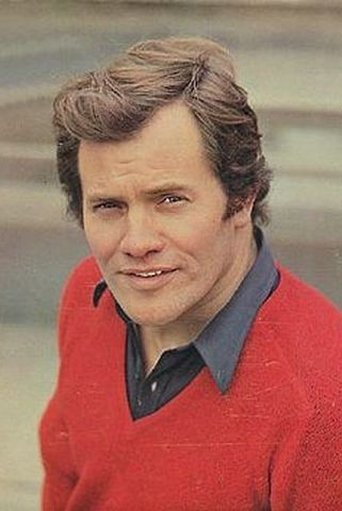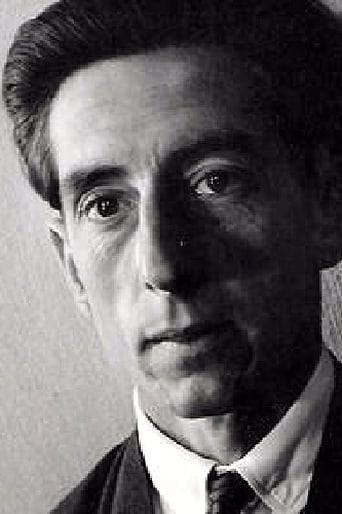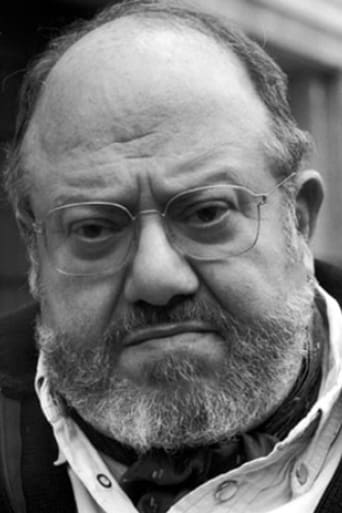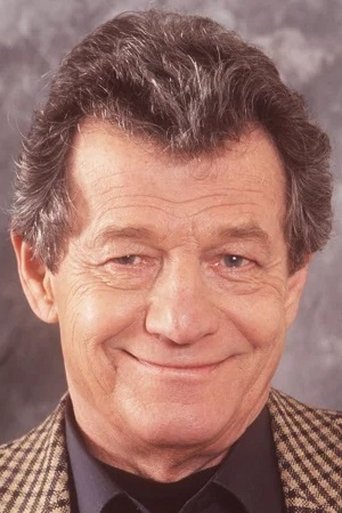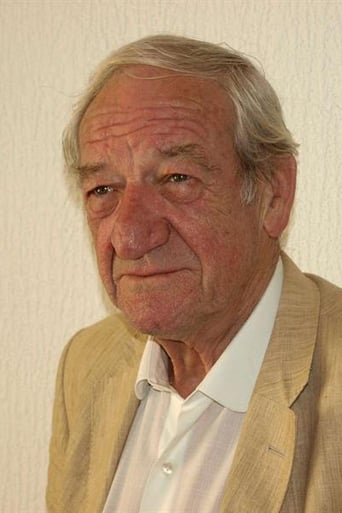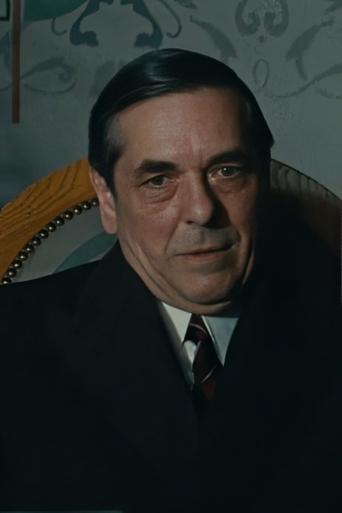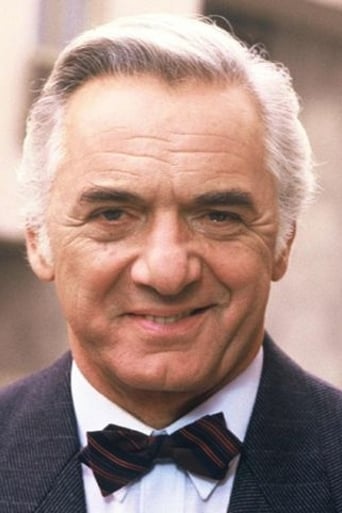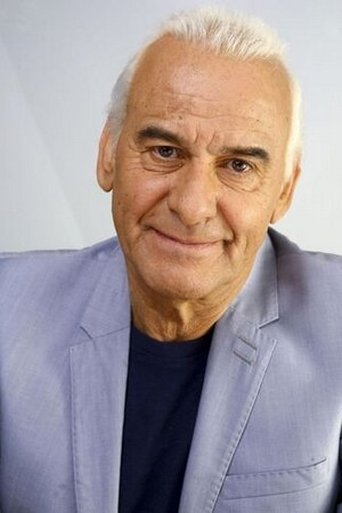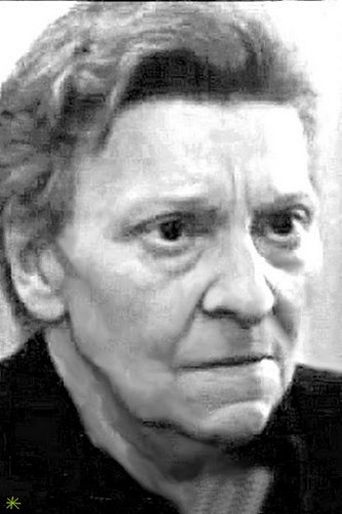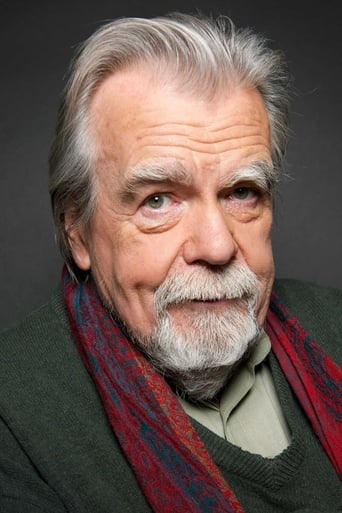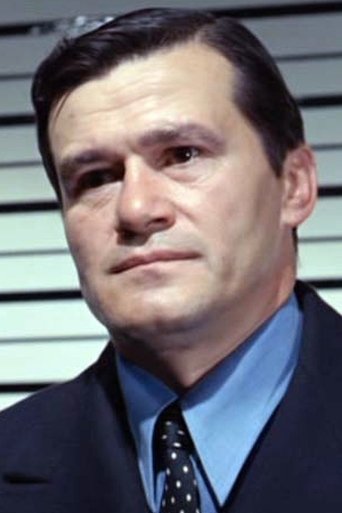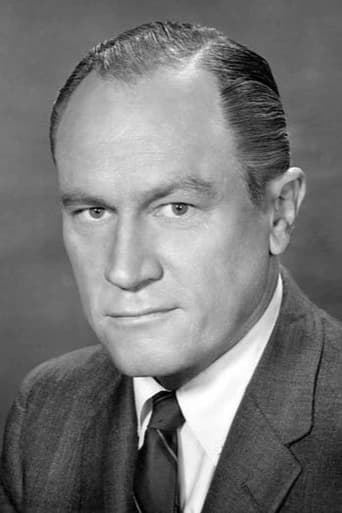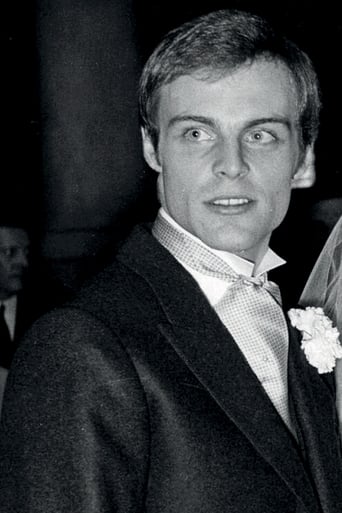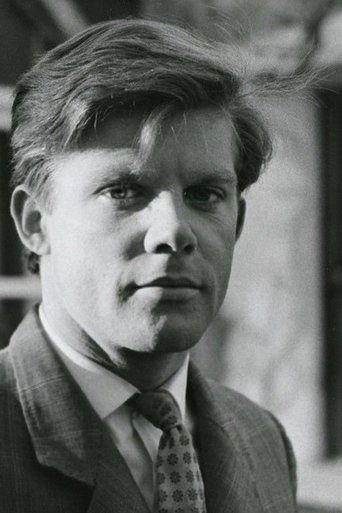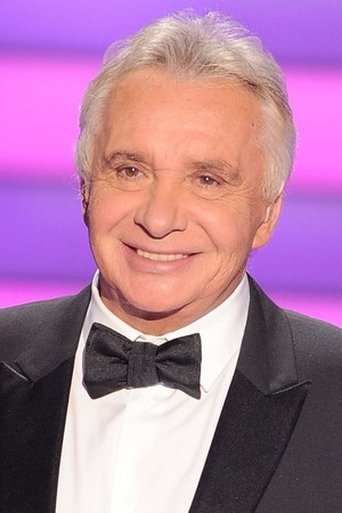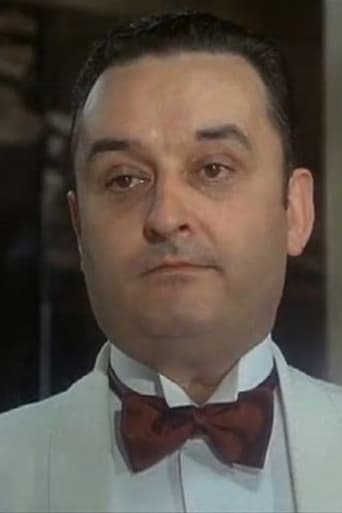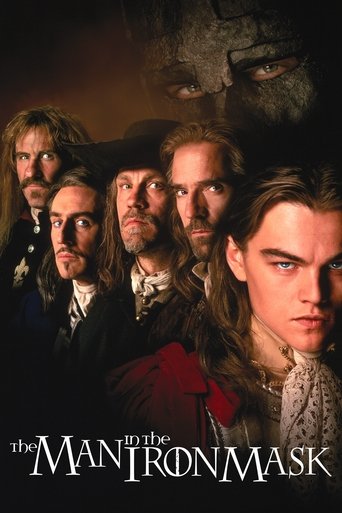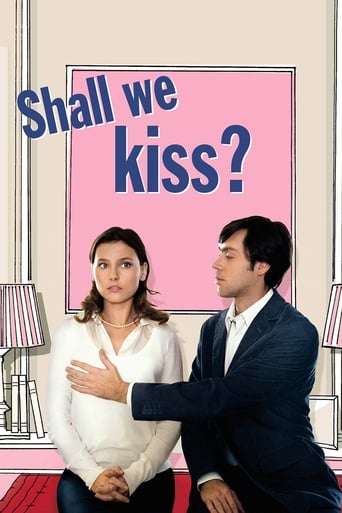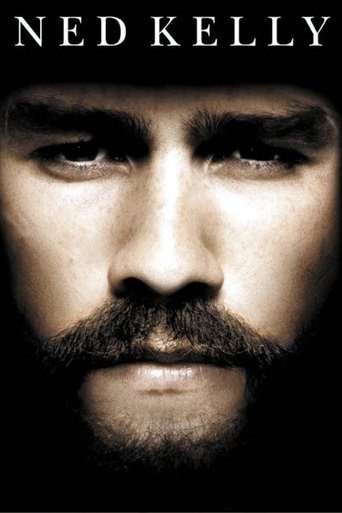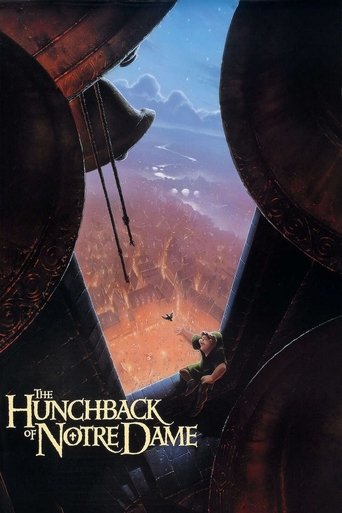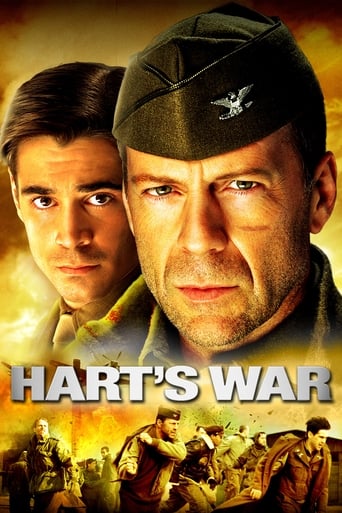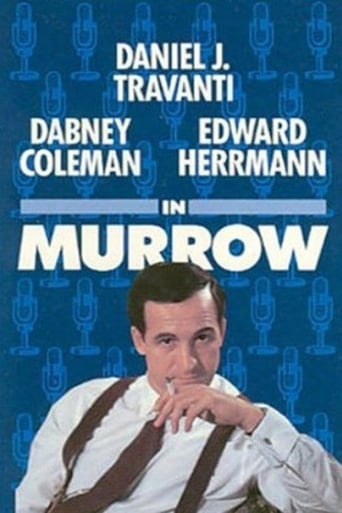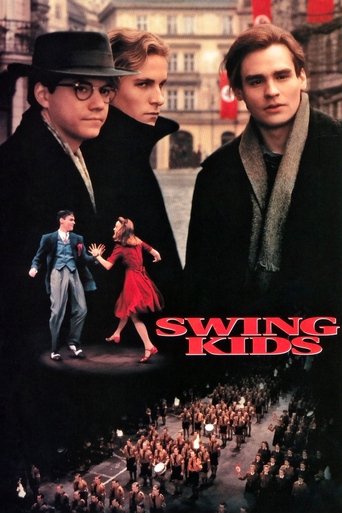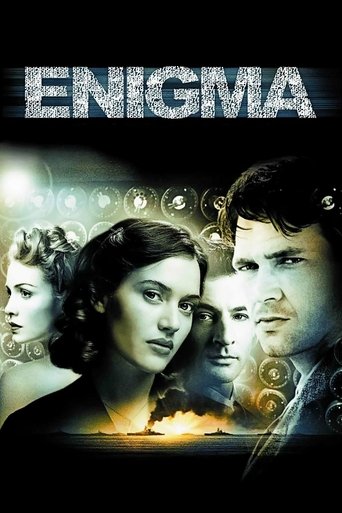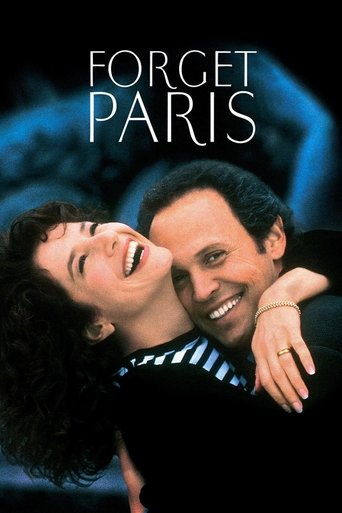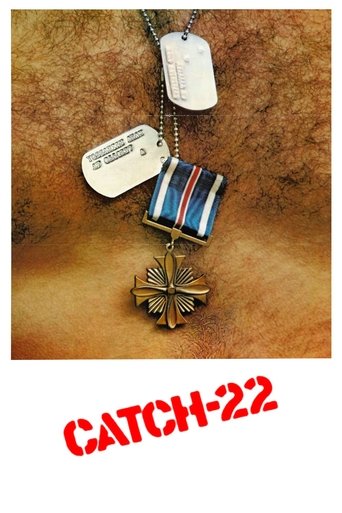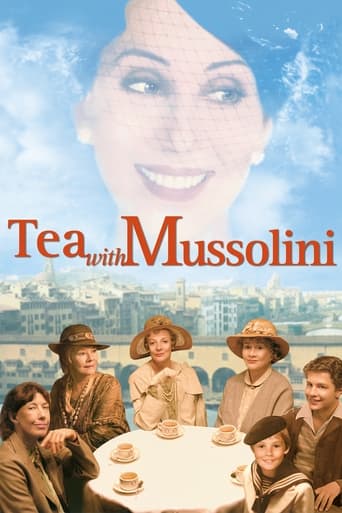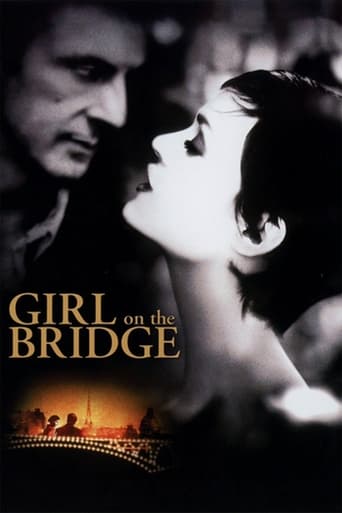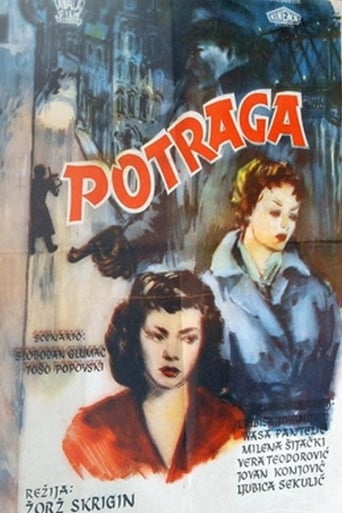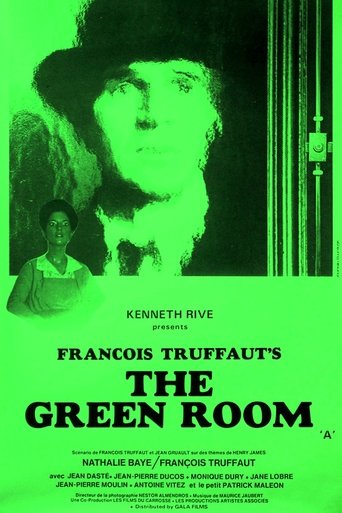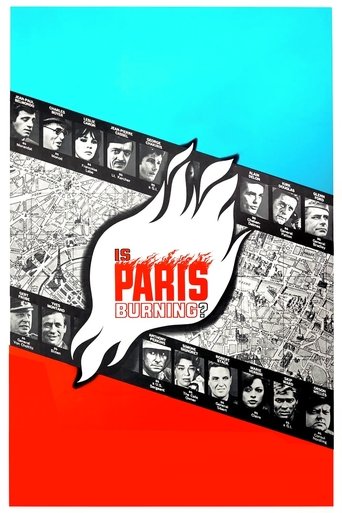
Is Paris Burning? (1966)
Near the end of World War II, Gen. Dietrich von Choltitz receives orders to burn down Paris if it becomes clear the Allies are going to invade, or if he cannot maintain control of the city. After much contemplation Choltitz decides to ignore his orders, enraging the Germans and giving hope to various resistance factions that the city will be liberated. Choltitz, along with Swedish diplomat Raoul Nordling, helps a resistance leader organize his forces.
- René Clément
- Yves Boisset
- Christian Sarramia
- Michel Wyn
- André Smagghe
- Yvette Vérité
- Gore Vidal
- Dominique LaPierre
- Francis Ford Coppola
- Larry Collins
Rating: 7.2/10 by 208 users
Alternative Title:
Paris brûle-t-il? - FR
Hoří už Paříž? - CZ
Country:
France
United States of America
Language:
English
Deutsch
Français
Runtime: 02 hour 53 minutes
Budget: $0
Revenue: $0
Plot Keyword: france, paris, france, resistance, world war ii, okkupation
With the Allies rapidly approaching Paris, the general in charge of the city is issued with orders by his Führer to prepare plans to destroy the city. Fortunately, von Choltitz (Gert Fröbe) is not convinced that in the face of imminent defeat, this is the right thing to do - so he obeys, but in a rather lacklustre and half-hearted fashion. Meantime, scenting victory, the resistance are starting to make their own plans to seize control of increasingly larger parts of the city ready for the arrival of George Patton's American troops. René Clément has assembled a pretty stellar cast here with Jean-Paul Belmondo, Charles Boyer, Leslie Caron, Alain Delon - a veritable who's who of French cinema supported by brief cameos from Kirk Douglas and Glenn Ford. The problem for me is with the pace of the thing. It's not just that it's fractionally shy of three hours long, it's that it tries to tell the story in too bitty a fashion. We dart about the chronology and geography just a bit too often for the story to have much cohesion and there are simply too many characters for us to keep up with - a little like "The Longest Day" from 1962. It serves as a useful piece of propaganda, though, illustrating that it was to the French that the Nazis surrendered and that they were poised to ease into the civilian government of France as soon as the Swastika fell. As is always the case, the best history is always written by the winners - so I'm not sure just how accurate this is, but at least we know who emerges victorious in the end.

